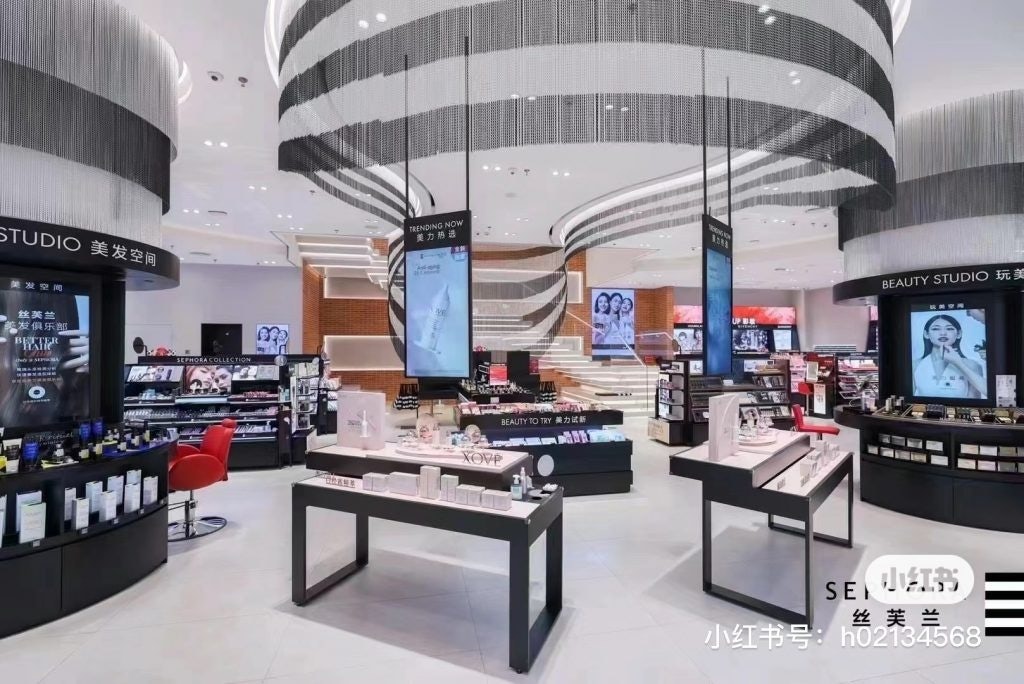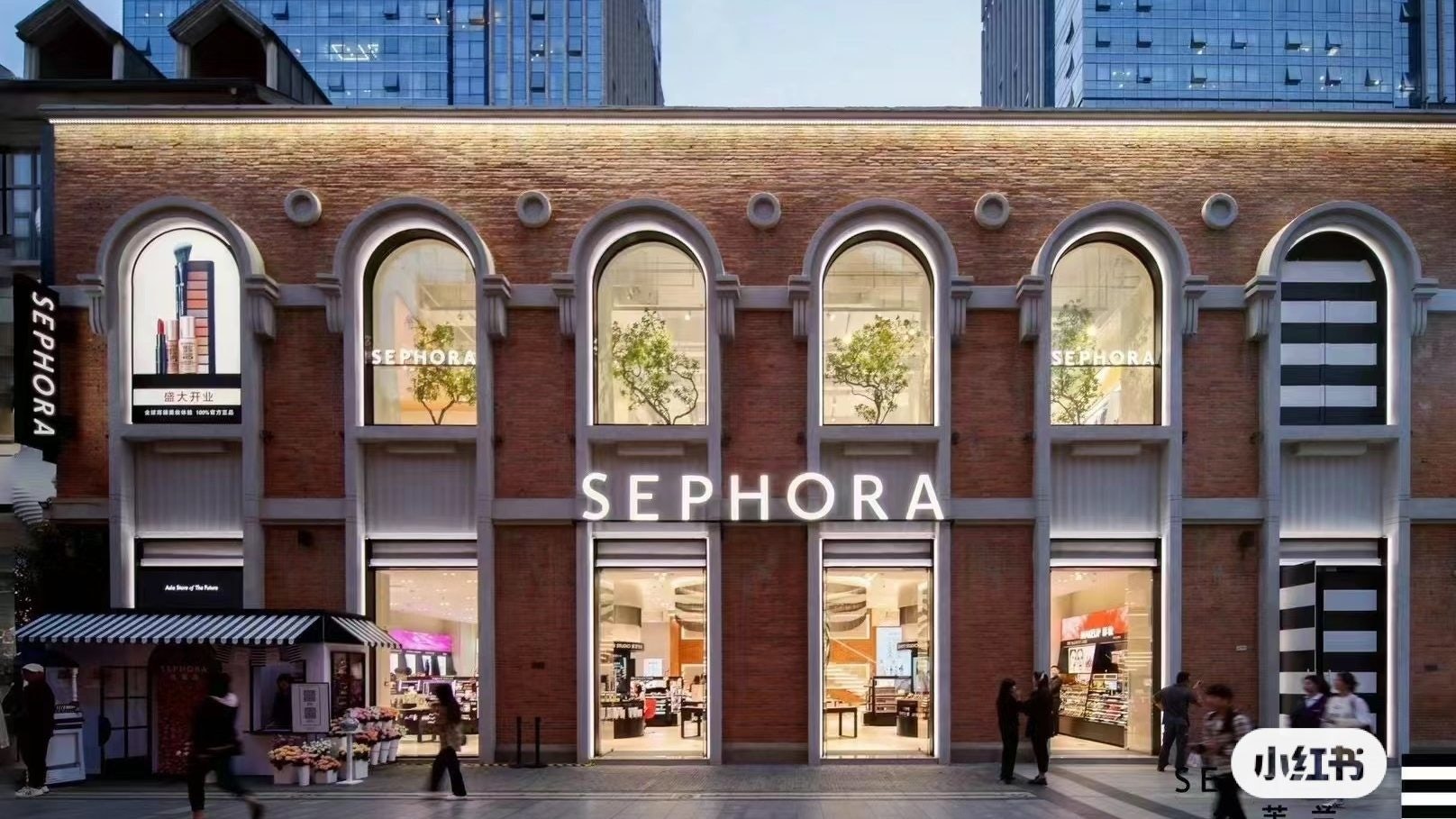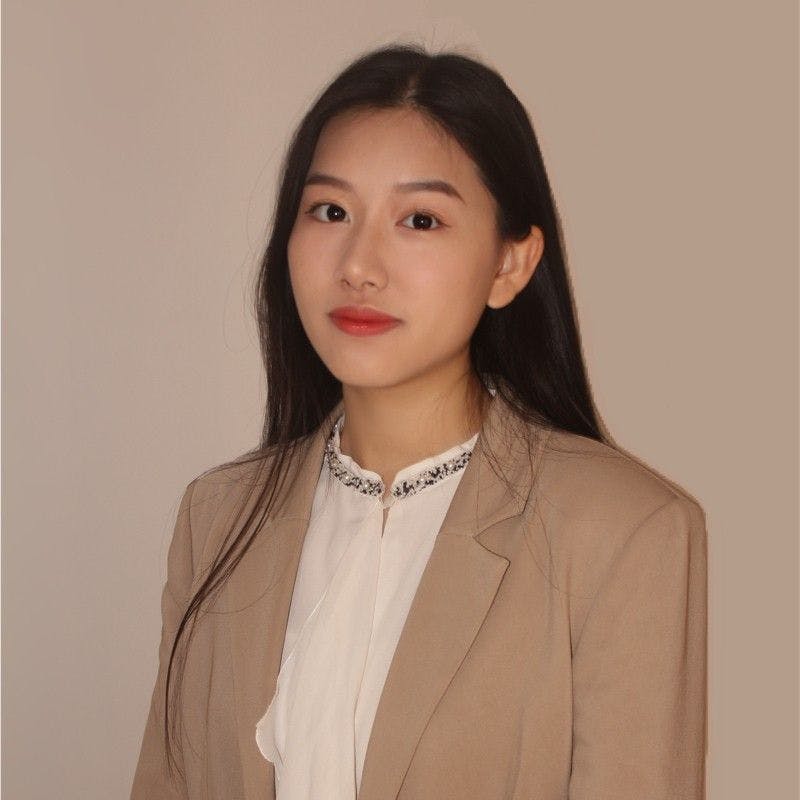What happened
On October 13, Sephora officially opened a future concept store, its third globally and second in China, in Wuhan’s Chu He Han Street (楚河汉街), China’s longest commercial pedestrian street.
The 700-square-meter boutique offers a fully digitized and AI-based experience, similar to the company’s Store of the Future in Shanghai. The retail space includes seven digital touchpoints that provide services such as big data-powered skin analysis, an AI-generated product recommendation system, product labels equipped with RFID, and mobile POS.
Speaking at a media event held to publicize the launch, Sephora Greater China General Manager Chen Bing said that the company had accelerated its store expansion plan this year. Sephora operated over 330 stores as of September, with an additional 15 new stores expected to open in the fourth quarter of this year.

The Jing Take
Sephora’s decision to open its next Store of the Future in Wuhan demonstrates the LVMH-owned multibrand stores’ confidence in the mainland’s beauty market. According to BOF and McKinsey’s latest State of Beauty 2023 report, beauty sales in China will reach 96 billion (690 billion RMB) by 2027.
The selection of Wuhan might come as a surprise to some. Why would a brand opt for a new-tier city over top-tier urban centers like Beijing or Shenzhen?
Covid-19 made Wuhan a household name. Despite this negative connotation, in 2020, Louis Vuitton kicked off its traveling ‘See LV’ exhibition in the city. Since then, global luxury brands and retailers have started to recognize the potential of China’s new first-tier cities. For instance, K11 Mall and Heartland 66 have opened shopping centers in Wuhan to be closer to the city’s rising number of wealthy shoppers.
Niche businesses may encounter more challenges when attempting breaking into new-tier cities, as first-time buyers of luxury tend to gravitate toward big names, though the presence of a reputable multibrand store like Sephora, which offers immersive experiences, might help consumers discover new brands.
Sephora China has in recent years introduced new brands to China, such as Xovē, Pat McGrath Cosmetics, Courregès, and Tatcha, expanding the country’s supply of skincare, makeup, and perfume.
The Jing Take reports on a piece of the leading news and presents our editorial team’s analysis of the key implications for the luxury industry. In the recurring column, we analyze everything from product drops and mergers to heated debate sprouting on Chinese social media.


